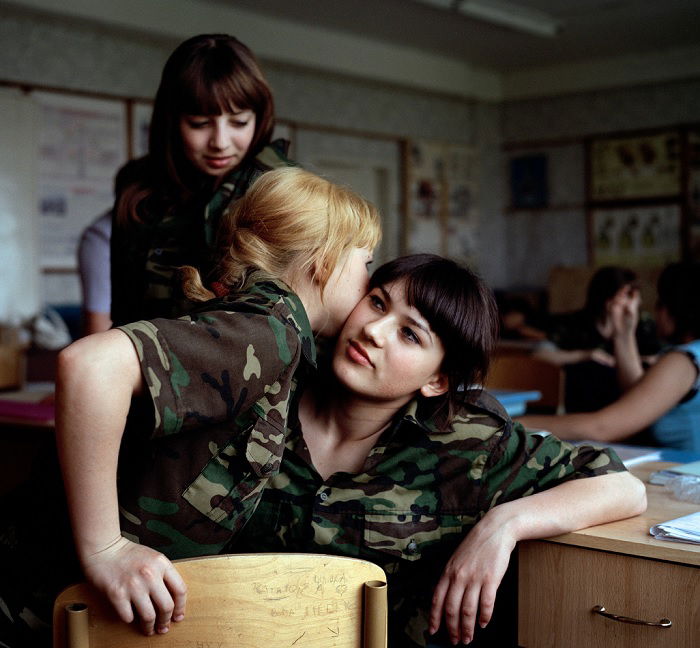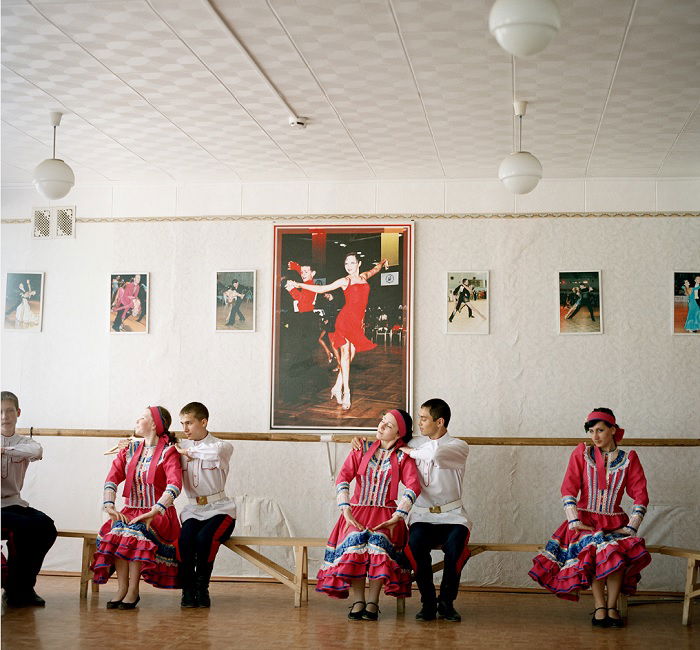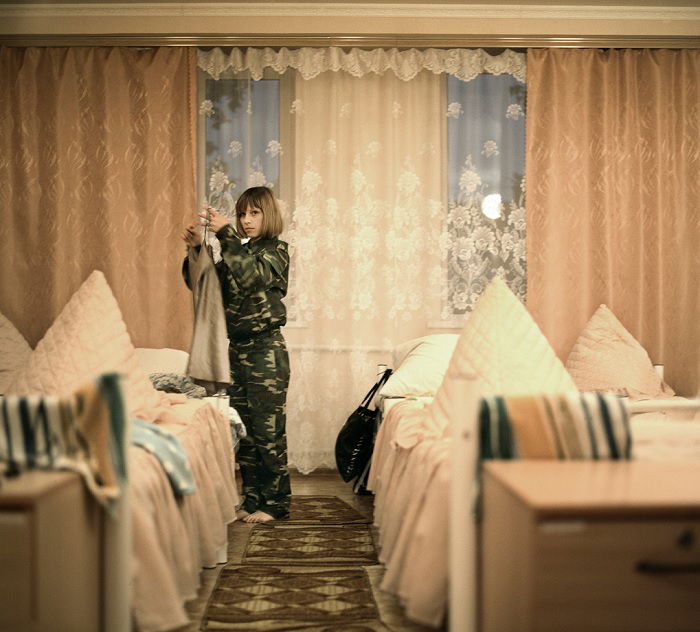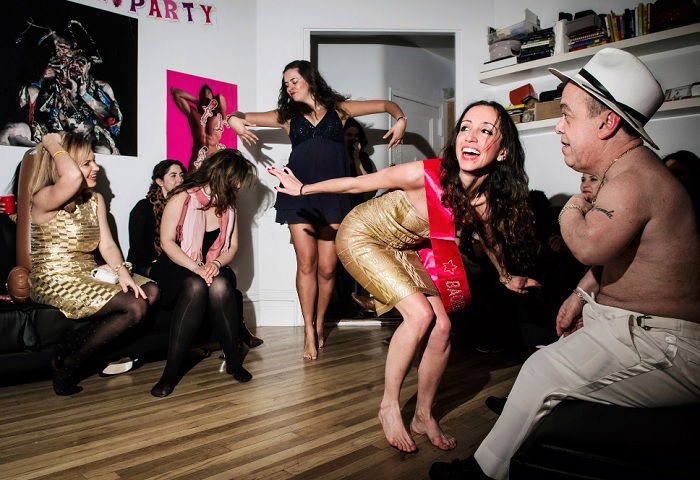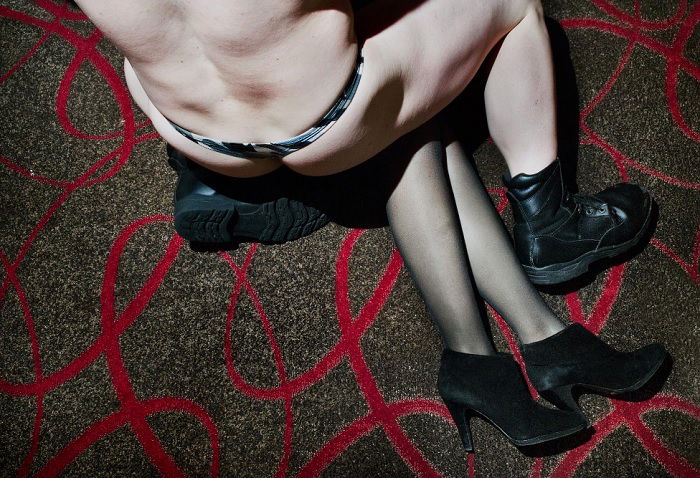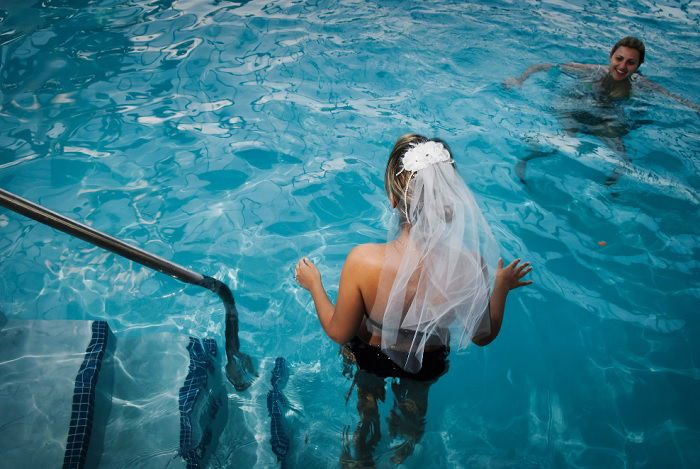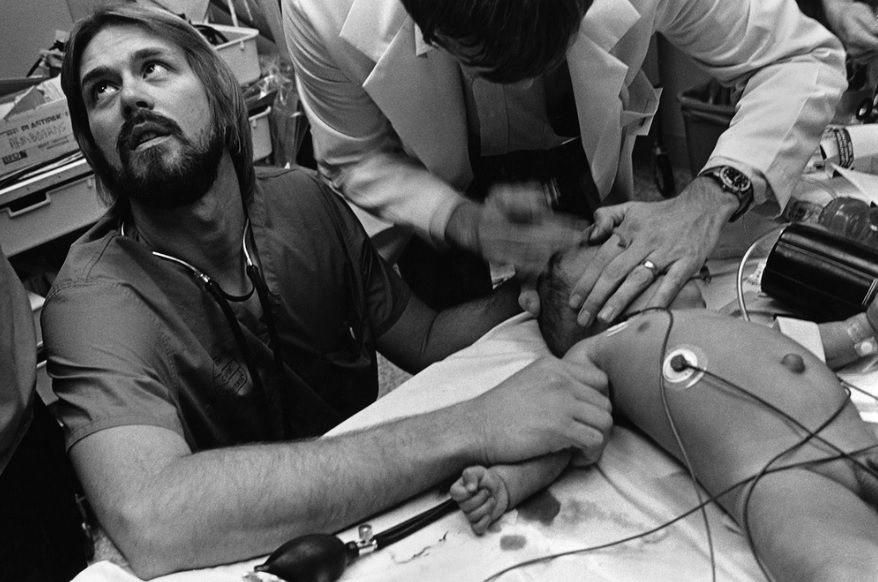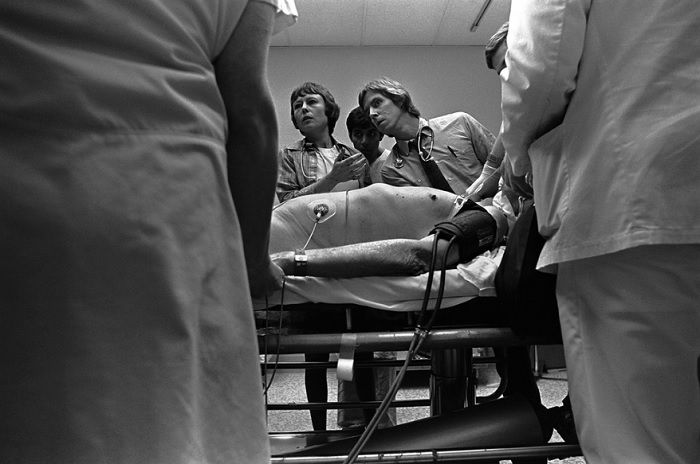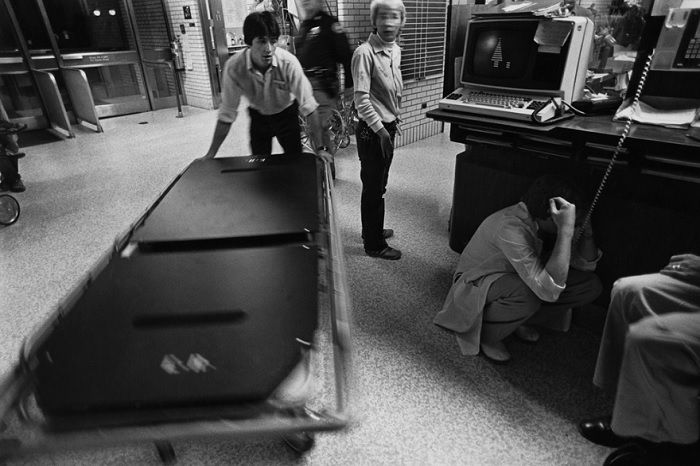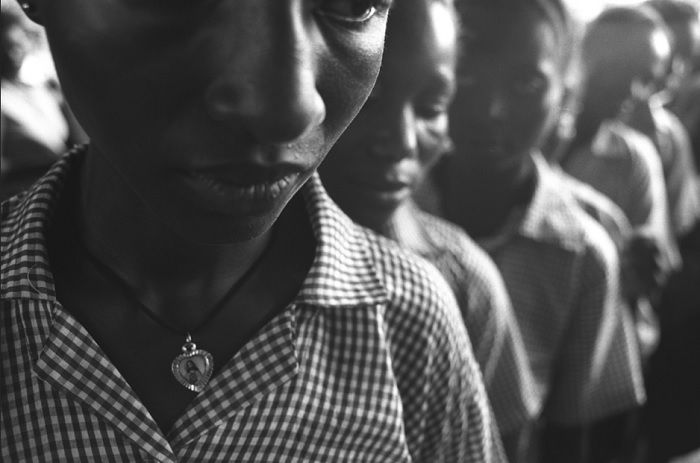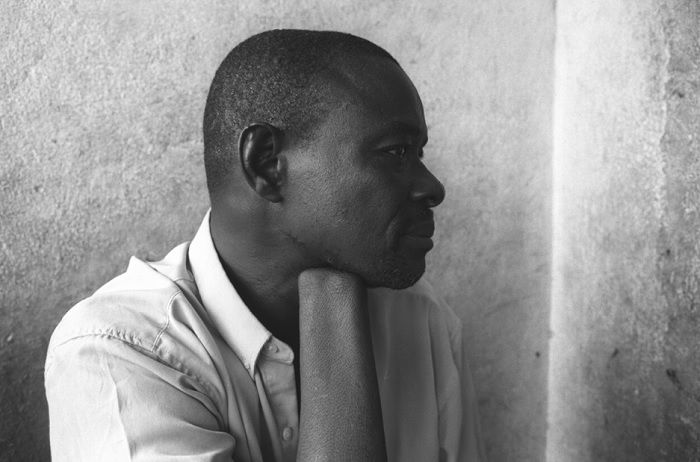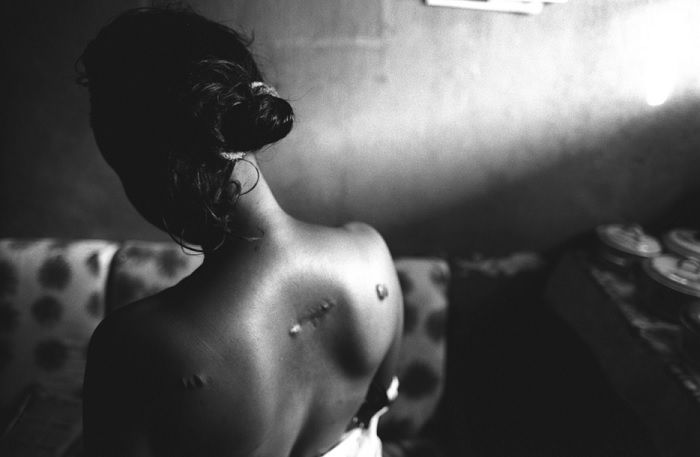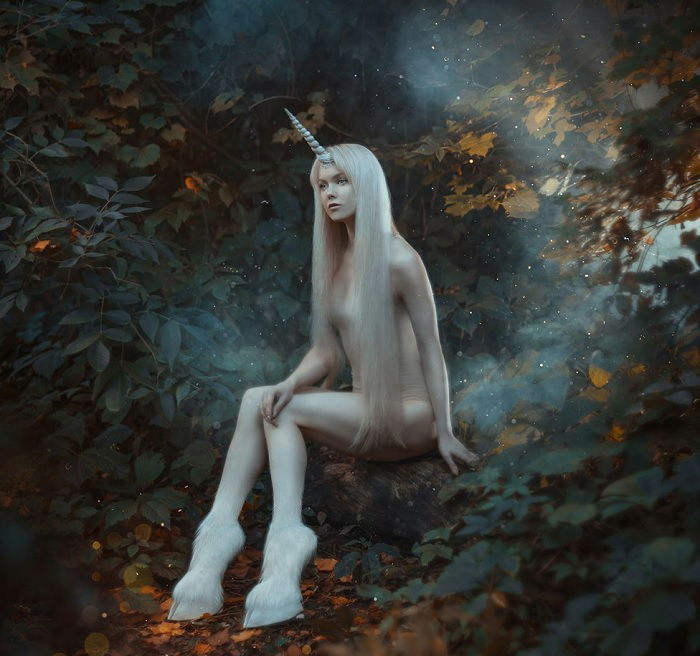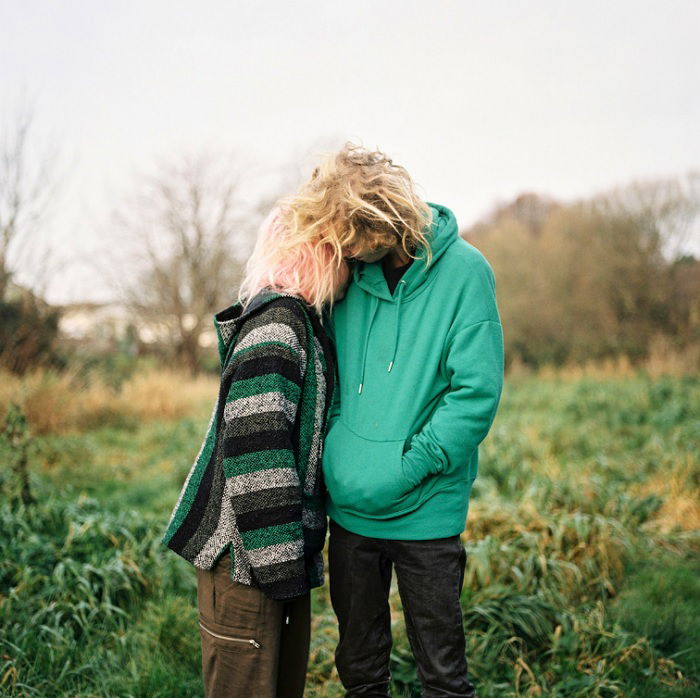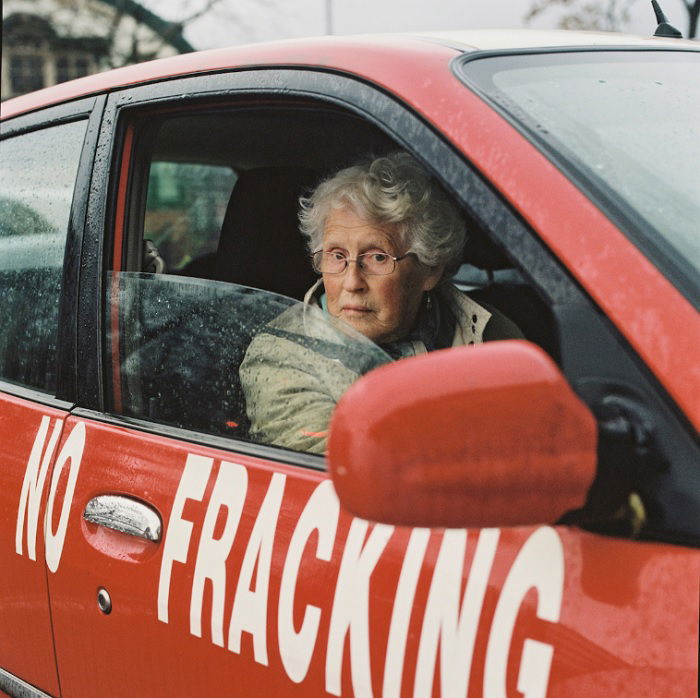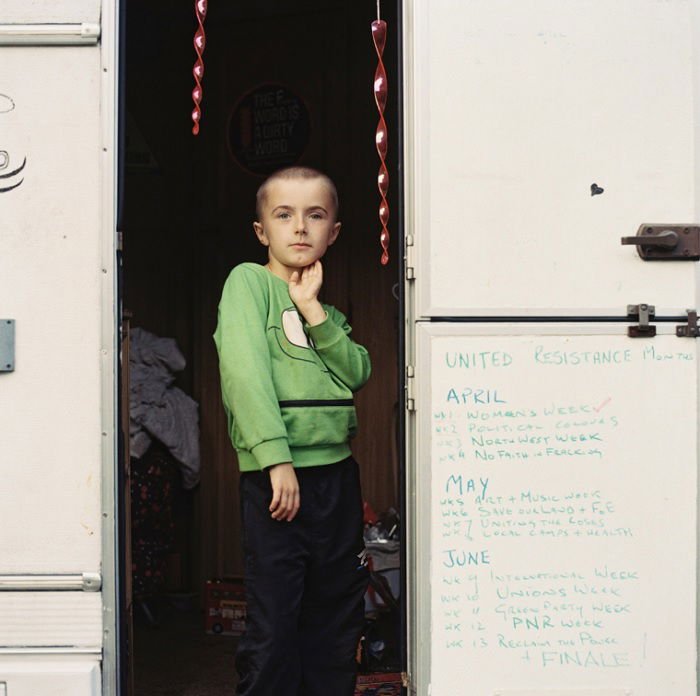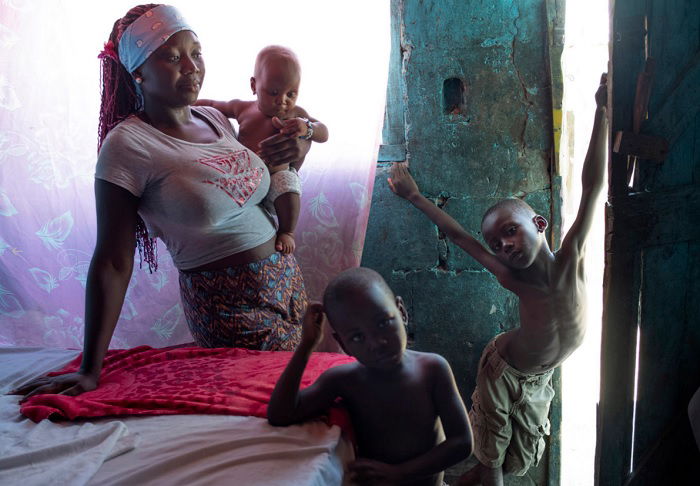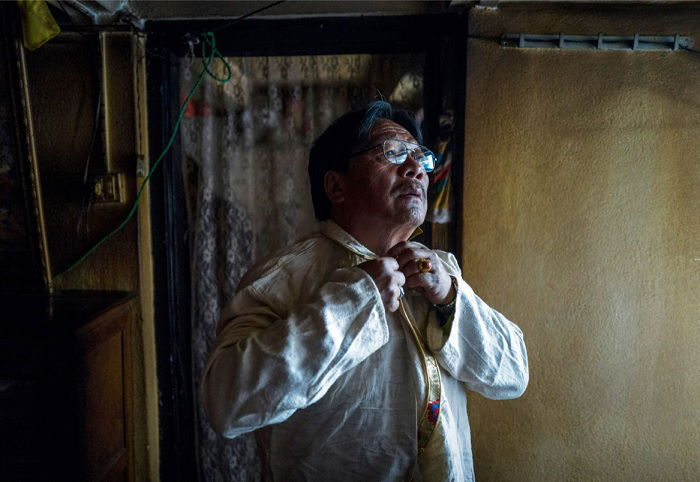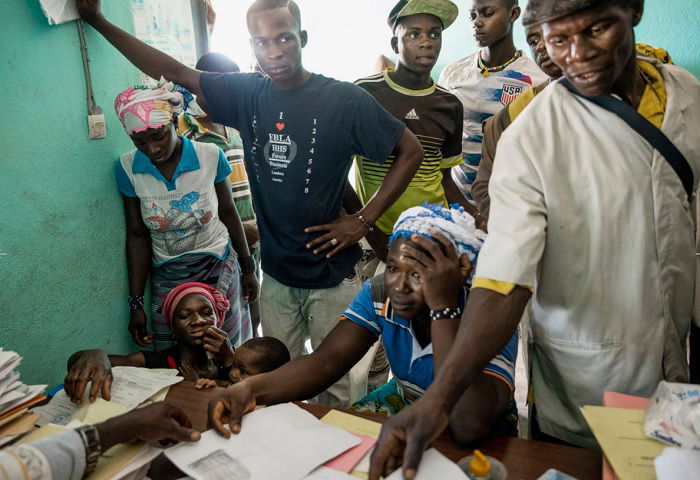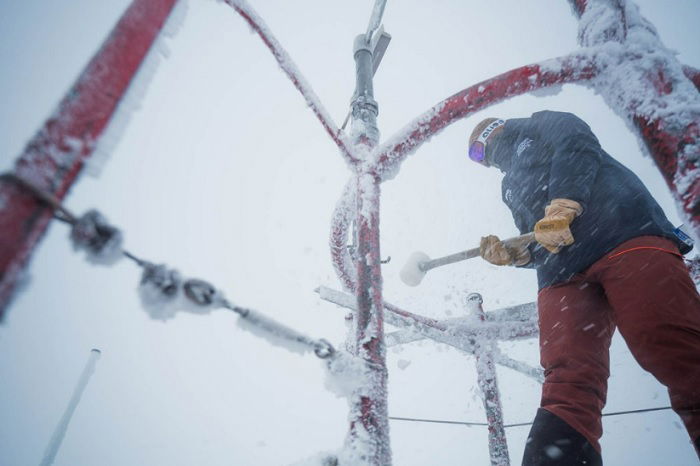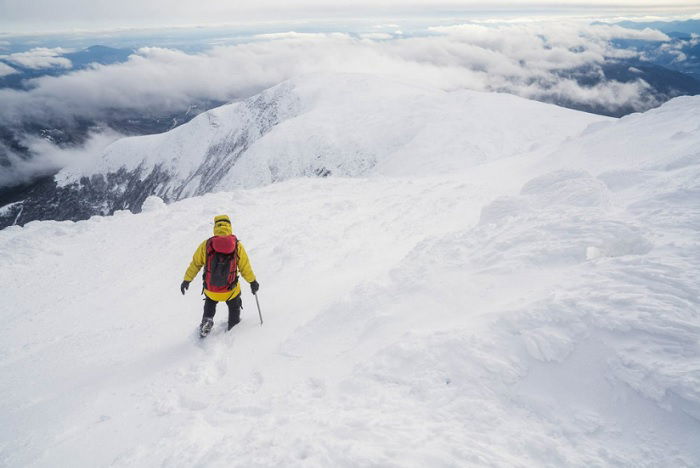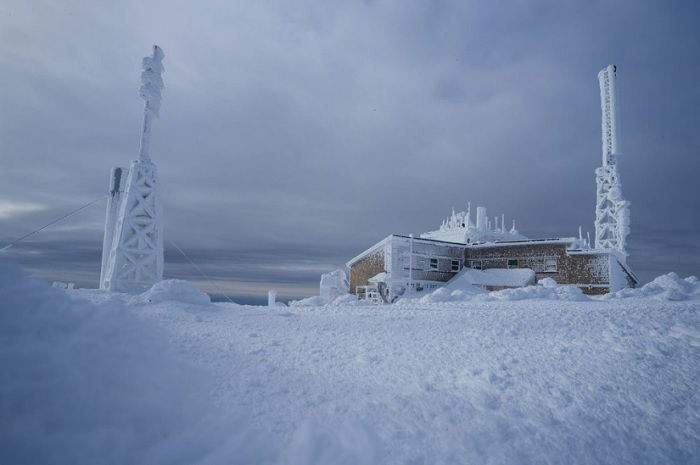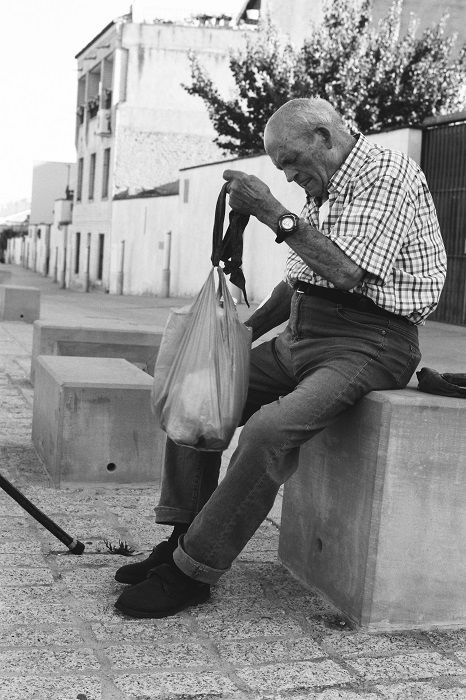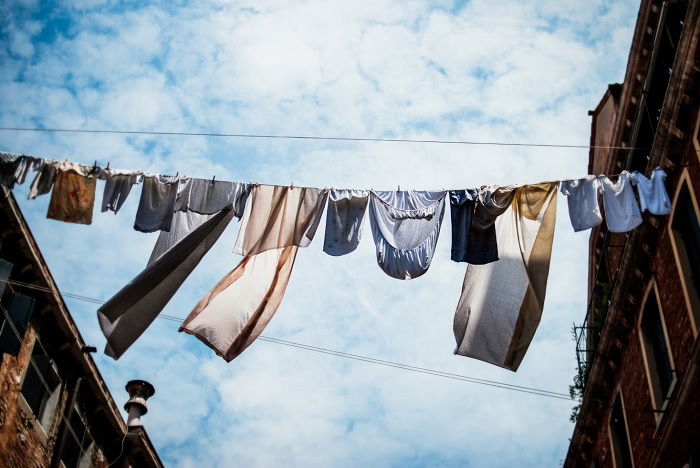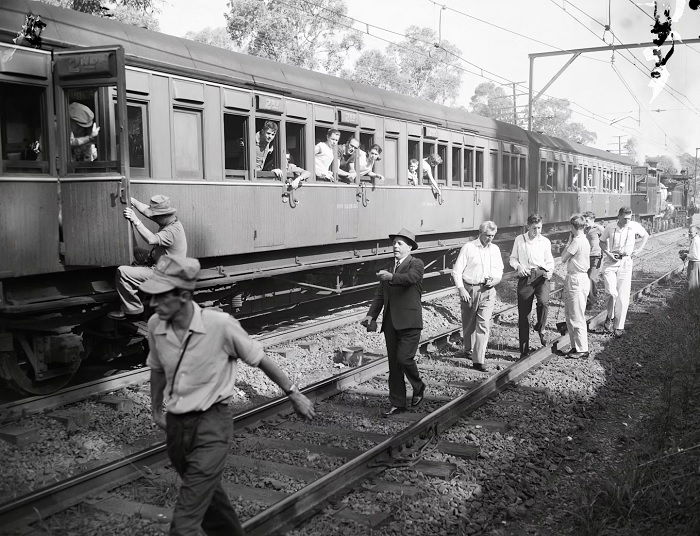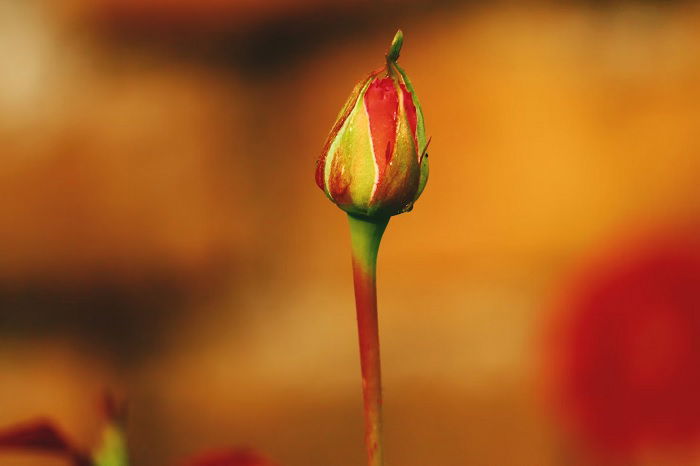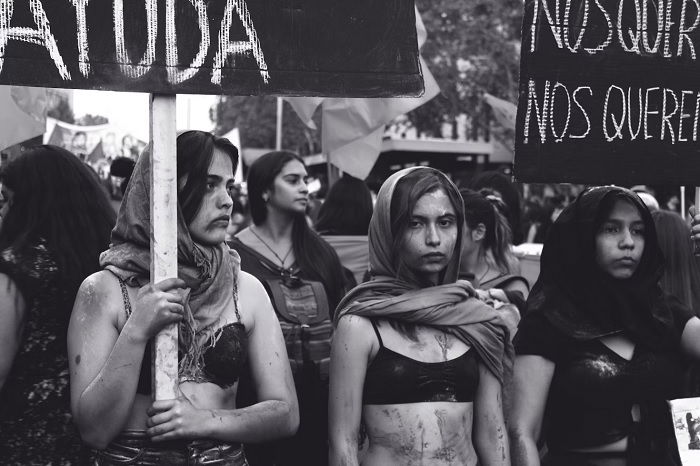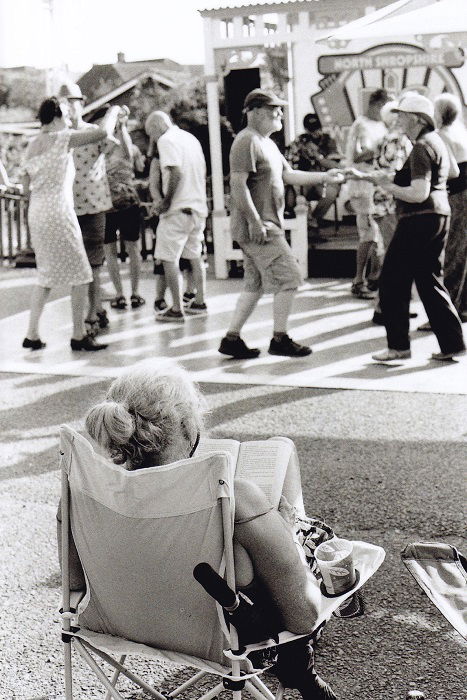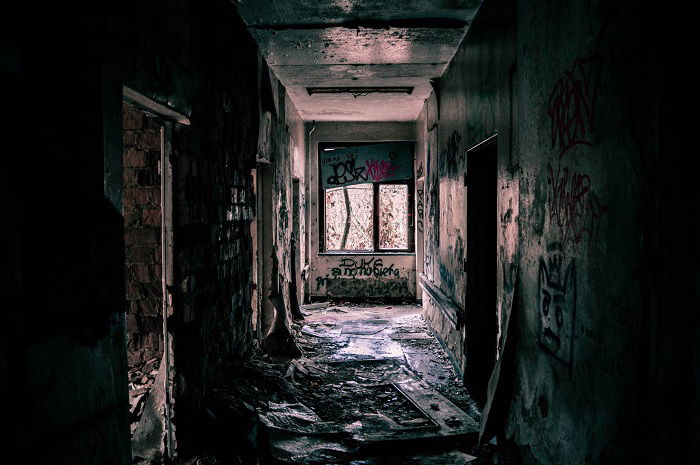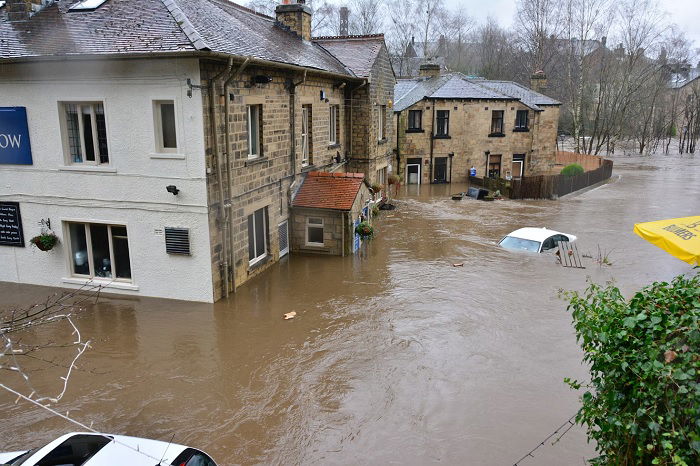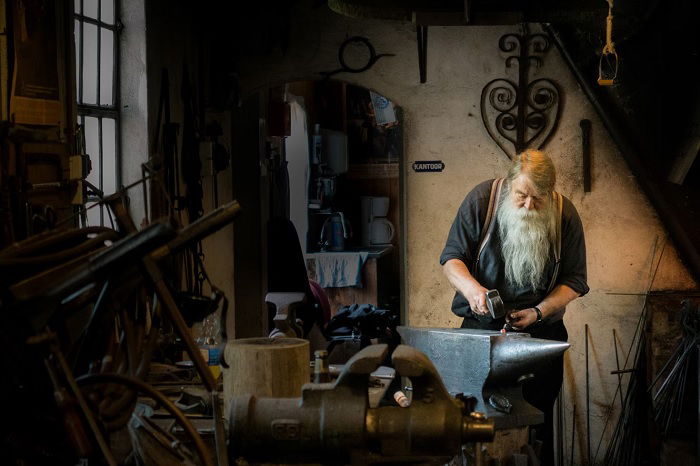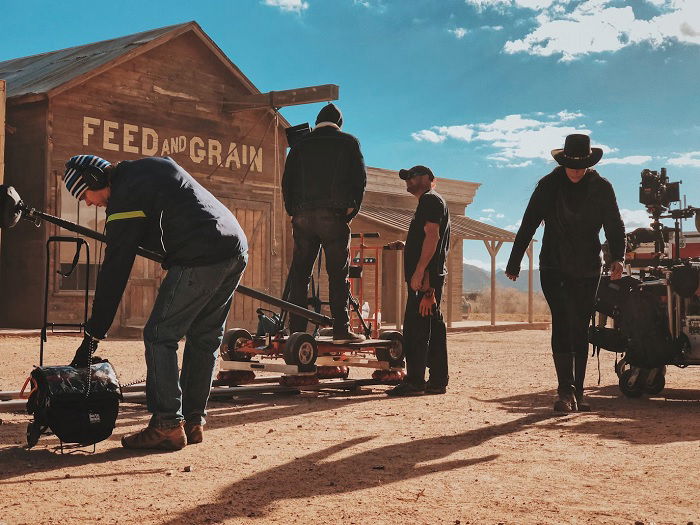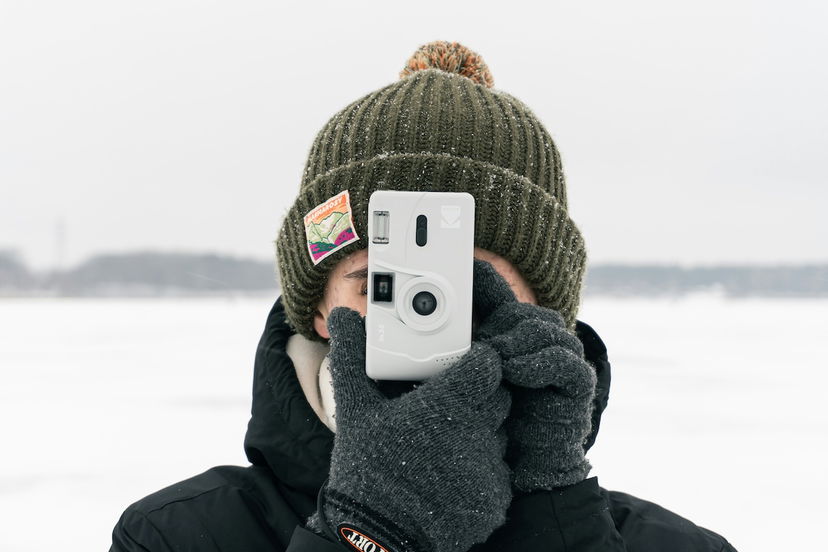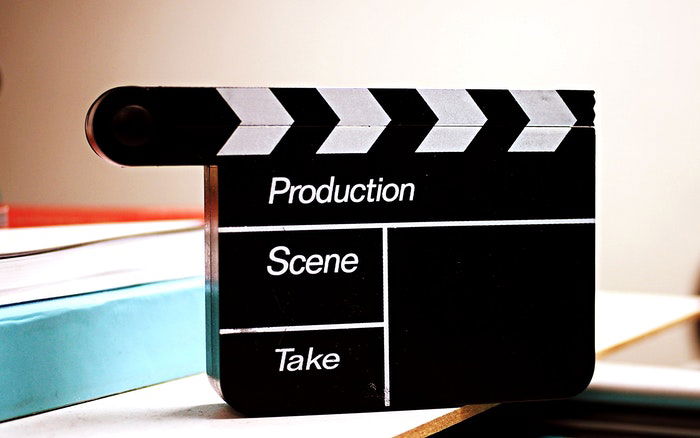19 Awesome Photo Essay Examples and Ideas You Should Try
Photo essays are a great way to push your creative skills and become a better photographer. By taking just one photo essay example from this article and trying it for yourself, you’ll learn how to tell stories will your camera.
Whether you want to be a photojournalist, event photographer, or fantasy photographer, shooting photo essays will help you hone your skills.
We start the article by looking at photo essay examples from the professionals. These examples with fire up your inspiration and show you what’s possible with photo essays. We then move on to photo essay ideas anyone can try. These are the perfect starting point for anyone interested in narrative photography.
- Efficiently covers 52 topics for quick learning and mastery.
- Designed for clarity with beautiful illustrations and layouts.
- Accessible anytime, anywhere—downloadable or printable for convenience.
What is a Photo Essay?
I’m sure we all know what an essay is. It’s a concise piece of writing that studies one particular subject, exploring different details and aspects of that subject to inform and educate the reader. A photo essay is the same thing, only it uses photographs instead of words.
A photo essay can be about practically anything. We’ll explore specific photo essay ideas in detail later, but the subject could be anything from a local sports team to climate breakdown.
But the key to a good photo essay is to stay focused. We don’t just mean staying focused with your camera and lens. We mean staying focused on your subject. Don’t lose sight of the subject or the story. Avoid distractions and make sure the subject is clear in your images.
That doesn’t mean you can’t explore different aspects of your chosen subject. Looking at something from different angles or following threads and theories can make for a very stimulating photo essay. But don’t lose focus completely. Make sure all the photos add to the overall theme of the essay.
You can use many different types of photography within a photo essay. You can use candid street or documentary style photography. Portrait photography always brings a personal touch to a photo essay. You can also use more staged and considered styles of photography to explore your subject.
IMAGE
Professional Photo Essay Examples
We’ll now look at some photo essay examples from professional photographers. Seeing how the pros use photos to tell stories or explore topics will show you what can be achieved with a strong photo essay.
Women of the Cossack Resurgence
Anastasia Taylor-Lind is one of the finest photojournalists working today. And her Women of the Cossack Resurgent is the perfect photo essay example for anyone interested in photojournalism or documentary photography.
Taylor-Lind’s extraordinary essay looks at young Cossack women as they pass through an education system that’s rediscovered its nationalist verve. It’s clear from the photos, this schooling is more radical than we are accustomed to in the West. A militant edge runs straight all the way through it.
She uses a documentary photography approach with candid shots. But there’s no sense that this is an exposé with hidden cameras. The viewer gets an inside glimpse into an otherwise mysterious world without feeling like an intruder
See the full photo essay on Taylor-Lind’s website: Women of the Cossack Resurgence
Bachelorette
Dina Litovsky‘s photo essay titled Bachelorette explores the growing culture of the bachelorette party. Her garish collection of documentary photos shines a lights on a western sub-culture that, for many around the world, remains mysterious, scary, or completely unknown.
Gender norms are always changing, sometimes for the better, sometimes not. And while many see the bachelorette party as a debauched, sleazy affair, it still marks a step in the right direction for women’s equality in western culture.
Sex plays a big part in bachelorette events. It might seem lewd or crude to many, it shows that in the 21st century, women are losing just as much sexual freedom when getting married. This is a truly modern phenomenon.
See the full photo essay on Litovsky’s website: Bachelorette
The Knife and Gun Club
This uncompromising photo essay from Eugene Richards gives an unflinching view of the realities of a hospital emergency room in the USA. Published in 1989, the essay still packs a punch today. The equipment and clothes are dated, but the images have lost none of their visceral power.
Richard’s hard-hitting images offer a true reflection of life in an A&E ward. The stress, energy, and raw emotion all come through loud and clear in every photo within the essay.
Focused and concise while being informative and powerful, the Knife and Gun Club is one of the finest photo essay examples.
See more of this photo essay on Eugene Richard’s website: The Knife and Gun Club
Sierra Leone – War Reparations
Like many countries in sub-Saharan Africa, Sierra Leone has had more than its fair share of strife. A neo-colonialist world leaves few unscathed, and Nick Danziger‘s photo essay brings those victims into sharp focus. He shows the viewer how profit accumulation in the Global North reaps violence and suffering in the Global South.
While Danziger’s subjects are victims of violence, his images show a people with dignity and pride. There’s sympathy within the images but he doesn’t drown them in pity. His images are brutal and honest, but also warm and intimate.
We’ve chosen Sierra Leone as a photo essay example, but we could have chosen any number of Danziger’s essays. His humanitarian photography is the best in the business. But he has covered a wide range of subjects from Tony Blair to the All Blacks rugby team.
See the full photo essay on Nick Danziger’s website: Sierra Leone – War Reparations
Anya Anti
Anya Anti is the name of the artist rather than the name of a specific photo essay. Anti works in a different way to the previous photographers. Rather than have separate collections of photo essays, her wider collection focuses on a collection of interconnecting themes. You can take any of her images and group them together to create a coherent photo essay.
Another major difference is her style. She’s a fantasy photographer who uses surreal elements to tell her stories. Anti’s images are vivid and alive with metaphor and symbolism.
Nature plays a big role in her photography. She explores our relationship to nature, how we are one and the same and how fragile nature can be.
Anti demonstrates how photographers can use a wide range of styles and techniques to create engaging photo essays.
See more work from Anya Anti on her website. Or, if you really like her work, you can check out the incredible ebook she made in collaboration with Expert Photography; Creative Portrait Concepts
The Rift: Fracking in the UK
Rhiannon Adam is a portrait and documentary photographer from Ireland. Jumping across the Irish sea, this essay looks at fracking in the United Kingdom.
She uses portraits to illustrate her essay, focusing on the players of an ongoing drama. But this is no trivial drama. Her powerful images show the dedication of those fighting against big business for the sake of their communities. And Adam doesn’t shy away from the effects that fight is having on them.
The essay offers a unique glimpse into modern life in the UK. It shows a culture under threat, barely holding on against exploitation and declining living standards. Yet her images are not bleak or sorrowful. Although not always cheery, her portraits lift the spirits and harden the resolve.
See more from this photo essay example on Rhiannon Adam’s website: The Rift: Fracking in the UK
The Stateless
Statelessness is something few of us have ever contemplated. To be stateless is to be without an identity, at least in legal terms. Many stateless people have never left the land where they and their ancestors were born, yet they have no official residence.
That’s the subject of William Daniels‘ eye-opening photo essay. It’s a documentary photography essay that’s global in scope. He doesn’t only focus on one group of people. He documents stateless people all over the world.
Daniels’ images are bright and energetic, but the pain and sorrow cuts through each photo. This photo essay example isn’t the easiest to digest. But it’s essential viewing for anyone interested in creating hard-hitting photo essays on political or humanitarian topics.
See William Daniel’s full photo essay here: The Stateless
109º Below
Professional climber, adventure, and photographer, Savannah Cummins has no fear when it comes to venturing into the unknown. She thrives when pushed to the limit, and that’s easy to see in this fantastic photo essay example.
Cummins’ essay explores the perils of live in the polar arctic, with her images a clear indication of how hard it is just to survive 109º F below.
This photo essay is the perfect example of how photographers need to get involved with their subjects to tell the best stories. There’s no sitting on the sidelines when you’re in freezing conditions. The cold affects you just as much as it does your subjects. But it’s about incorporating that into the essay, which Cummins does perfectly here.
See the full photo essay on Savannah Cummins’ website: 109º Below
Photo Essay Ideas
We’ve seen some incredible photo essay examples in the section above. But you don’t have to travel to war zones or the arctic circle to create interesting photo essays. You can start small, focusing on your community, finding local stories that effect those close to you.
In this section, we look at photo essay ideas anyone can try. You don’t need fancy equipment or specialist skills. All you need is a camera and an interesting subject to capture.
Study a Family Member
When we say “start close to home,” we mean it. Every family has an interesting character or two. And many might have far more interesting lives than you are even aware of.
Grandparents are a good place to start. Their advanced years mean they’ve lived longer than others. They might have lived through and experienced some major events from modern history, such as protests, war, or economic depressions.
You don’t have to limit your focus to the elderly. Do a little digging, and you might find a family member who is currently living a life worth documenting.
You can take a series of portraits to capture the character. You can also create a more candid photo essay, capturing them at work or living their daily lives.
Step Out Your Front Door
Your neighbourhood, town, or village makes a great subject for a photo essay. You might be sick of where you live and not think it worth documenting. But it might be interesting to others.
Also, if you’ve lived there a long time, you’ll have an intimate knowledge of the area. Look for landmarks that hold a personal significance or places important to the local community.
The community could even be the focus on the photo essay. You could capture the people as well as the landscapes and spaces. After all, it’s how spaces and people interact that makes them significant.
Take a Journey
Journeys are always interesting, even if they’re short. That’s why they make great subjects for photo essays.
You don’t have to travel far in order to make a great essay. You can go to a nearby town or leave your town for the journey. And you can travel however you see fit.
Driving gives you the freedom to go practically anywhere. But using public transport is another option, and can be more rewarding from a narrative point of view. There’s no mystery, with chance encounters and random occurrences. These bring your photo essay to life.
You don’t always need a specific destination. You can take each turn as it comes, deciding on the fly which way to go. Viewers will have a greater sense of adventure when looking at your images.
Photograph the Same Place
You don’t need to travel to crate an interesting visual essay. In fact, you can find one spot you find interesting and take several photographs of it over time.
The time frame is up to you. You can photograph that spot many time in one day. Or you can take one picture a day or one picture a week for several weeks.
The trick with this type of essay is that you need people to know it’s the same place in each photo. That means you have to take the picture from the exact same spot each time. Remember where you’re standing and work from there.
Alternatively, you can photograph the same place from multiple angles. That makes you’re photo essay a study of one particular space.
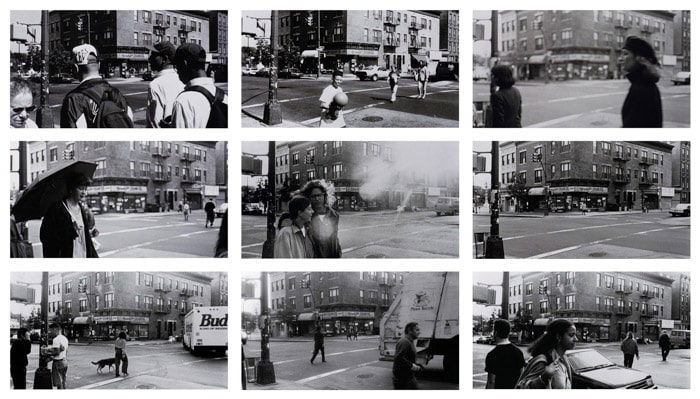
Watch Things Change
Similar to the photo essay idea above, you can focus on one thing over a period of time. That thing could be a place, but it could also be a person, plant, or inanimate objects. The only requirement is that this thing changes as time passes.
Photographing one place over time is a great idea if you live in a temperate climate. You can take pictures of that place as it changes over the course of the year, documenting the effects of the seasons.
Flowers and plants are a great choice for this type of photo essay. Some flowers have a short blooming period, so you can take a picture once a day for a week or so to monitor its growth and decline. Trees and other plants will need longer time periods.
The simplest version of this is to take a self-portrait every day. You might not thing there’s much difference between today’s self and tomorrow’s self, but when you view all the images in sequence the transformation can be incredible.
You can also put these images together to create a time-lapse video.
Follow a Protest
Protests often make excellent subjects for photo essays. They are full of interesting characters as well as colorful signs and placards. But they are also springs of emotion and tension. Most protests are peaceful, but more and more police in the West are cracking down on protesters, even if they are peaceful.
You don’t have to agree with the protesters or their cause. You might be staunchly opposed, but having some kind of emotional connection to the event will make your images more engaging for the viewer.
And don’t merely observe from the sidelines. Get involved for a more immersive essay. Speak to people involved, look for colorful characters. Keep your eyes peeled for counter-protesters or police. Look for signs of tension and focus in on those areas. Or, use your essay to show how peaceful protests can be.
Document a Local Event
Events are another great subject for your photo essay. Whether it’s a community bake sale or a local music festival, you can capture the event with your camera.
As with protests, it helps to get involved as much as possible. Speak to organizers and volunteers and make yourself known to the people there. This will help you get better access to the event. It will also allow event-goers to relax with the camera around, helping you capture more candid images.
Explore Abandoned Places
Urban exploration, or Urbex, is where photographers explore abandoned places. It can be dangerous, so be careful and take the correct gear. But it can also be rewarding, allowing you to see forgotten places.
For a photography essay, you need to tell the story of these dilapidated buildings. Look for clues from the building’s past life. Find out what the building was and what it was used for in its heyday. Through this, you’ll learn about a wider history of the area.
Entering abandoned places is often illegal as it’s considered trespassing, so get permission to enter if you can. If not, be careful.
Tackle Big Subjects
Topics like climate breakdown, capitalism, or political corruption might seem out of reach for an amateur photographer. And while capturing melting ice caps or gaining access to the White House might be tricky, that does not mean these topics are out of bounds.
The trick is to look at how these big stories manifest in your local area. Is your town experiencing excessive drought or flooding due to climate Breakdown? Or is there a community center being closed down due to governmental budget cuts?
Stories like these make for powerful and engaging photo essays. They show how big, almost abstract subjects affect us on a personal level. They show that everyone is in the firing line, especially those at the community level.
Appreciate Skill and Craft
This photo essay idea involved finding a skilled person to document. They can be anything from a carpenter or stone mason to a ballerina or cellist. All you need is someone with talent and skill. Then use your camera to create a photo essay about that person and what they do.
Make sure you have the person’s permission before you start taking pictures. Try to arrange some one-on-one time, so you can capture intimate pictures of them at their craft.
Take your time. Allow the other person to relax so they work in the way they would if the camera wasn’t there. Capture a mixture of shots including environmental portraits and closeups of them at work.
Look Behind the Scenes
Whether it’s a photoshoot, concert, or film set, people are always intrigued by what goes on behind the scenes. That’s why pulling back the curtain makes for such fun and interesting photo essays.
The tricky part is gaining access to the set or backstage area. You will have to reach out to the artists, managers, or directors beforehand. You can’t show up on the day and expect a backstage pass.
But once you’re in, it’s time to start snapping. There’s always a big cast of characters on any set. You have technicians, producers, and stylists. They all have interesting jobs, so try to capture them at work.
The key is to get involved without getting in the way. Learn to move with the crew and blend in as much as possible.
Conclusion
The photo essay is a brilliant and creative way to share stories and explore issues. A good photo essay should always say something. It isn’t just a collection of loosely linked photos. It’s a collection of connected photos that tell the story of someone, something, or a group of people or things.
Each photo essay example featured in the first section demonstrates how the pros construct their visual narrative. Those examples also show the wide range of topics photographers can explore with the photo essay format.
We explored the possible topics in the latter section on photo essay ideas. These ideas are accessible to anyone with a camera. You don’t need fancy equipment or a big budget. All you need is a camera and a photo essay idea that matches your interests.
